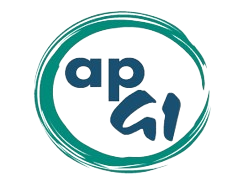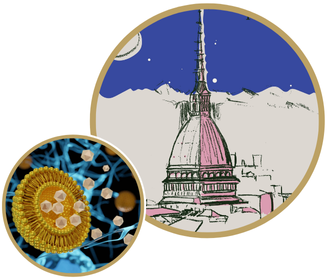
Chairs of the conference
Prof. Paolo Caliceti, University of Padova – Italy
Prof. Elias Fattal, University of Paris Saclay – France
Programme committee
Prof. Silvia Arpicco, University of Torino – Italy
Prof. Paolo Caliceti, University of Padova – Italy
Prof. Roberta Cavalli, University of Torino – Italy
Prof. Odile Chambin, Burgundy University – France
Dr Giuseppe De Rosa, University of Napoli – Italy
Prof. Elias Fattal, University Paris-Saclay – France
Prof. Paola Minghetti, University of Milano – Italy
Prof. Simona Mura, University Paris Saclay-France
Prof. Juergen Siepmann, University of Lille – France
Dr Maria-Teresa Peracchia, Sanofi – France
| Wednesday 1st October | |
|---|---|
| 08:45-12:45: Registration | |
| 13:00-13:30: Opening ceremony | Paola Minghetti, University of Milano Juergen Siepmann, University of Lille Paolo Calicetti, University of Padua Elias Fattal, University of Paris Saclay |
| 13:30-14:15: Plenary lecture | Multidisciplinary approaches for precise occular drug delivery and treatment Stefaan De Smedt, Ghent University, Belgium |
| Oral presentations | 14:15-14:35: Self assembling nanoparticles for a combined RNA-phosphatidylinositol therapy against amyotrophic lateral sclerosis – Valeria Nele, University of Naples “Federico II” – Italy 14:35-14:55: Ultra-long-acting Nanofluidic Implant for HIV Prevention and treatment – Alessandro Grattoni, Houston Methodist Hospital, USA |
| Invited talk | 14:55-15:25: Scaling up of manufacturing process for nano drug delivery systems Mostafa Nakach, Sanofi, France |
| 15:25-15:55 | Coffee break/Exhibition |
| Oral presentations | 15:55-16:15: Light-Responsive DNA delivery with Cyclodestrin-Based Lipid Cationic Azobenzene Dendro Host Guest Vectors – Maria J. Puerto Modrran, University Paris Saclay, France 16:15-16:35: Mannosylated cationic glycopolymers as pDNA delyvery systems for cancer immunotherapy – Francesca Mastrotto, University of Padua, Italy |
| Short talks | 16:35-16:45: Hyaluronic acid-coated lipid nanoparticles for targeted mRNA delivery – Mengyuan Cao, University Paris Saclay, France 16:45-16:55: Development of a Dextran-Based Cationic Vector for Nucleic Acid Delivery in Gene Therapy – Marco Dattilo, University of Calabria, Italy |
| Invited talk | 16:55-17:25: Modular and adaptive dendrimer nanosystems for precision medicine Ling Peng, CNRS, France |
| Thursday 2nd October | |
|---|---|
| Plenary lecture | 08:30-09:15: Advanced Therapies for Cancer Treatment and Tissue Regeneration Maria-José Blanco Prieto, University of Navarra, Spain |
| Oral presentations | 09:15-09:35: siRNA Precision Delivery Through Inulinated Nanoparticles to Restore Immune System Availability to Combat Colorectal Cancer – Carmela Mazzacano, University of Salerno, Italy 09:35-09:55 Advancing Delivery and Precision Medicine Enhancing Imaging with Insights from Extracellular Vesicles and Preclinical Research – Mariangela Garofalo, University of Padua, Italy |
| Short talks | 09:55-10:05: Local Delivery of Anticancer Drugs in Combination with an Immunomodulatory Tumor-targeting Monoclonal Antibody Improves Long-lasting Antitumor Effect in Melanoma – Fang Liu, Medincell/IRCM, France 10:05-10:15: Biomimetic vesicles for boron neutron capture therapy of glioblastoma – Giorgia Ailuno, University of Genoa, Italy |
| 10:15-10:45 | Coffee break/Exhibition |
| Invited talk | 10:45-11:15: Unlocking the Cellular Blueprint: Precision Targeting of Diseased Tissues with Biomimetic Nanoparticles Assaf Zinger, Technion -Israël Institute of Technology, Israël |
| Oral presentations | 11:15-11:35: Exploiting the role of CD105/endoglin pathway in the treatment of pulmonary fibrosis with pH-responsive Lipid@PLGA nanoparticles for siRNA inhalation – Gabriela Costabile, University of Naples “Federico II”, Italy 11:35-11:55: Development of multifunctional Liloparticles for immunostimulants co-delivery – Valentine Ginet, LBTI, France 11:55-12:15: Lipid self-assembling for the development of novel mRNA-based vaccines – Alessia Angelillo, University of Naples “Federico II”, Italy |
| Short talk | 12:15-12:25: Medelpharm, France |
| 12:25-13:45 | Lunch break/Exhibition |
| Oral presentations | 13:45-14:05: Immunomodulatory corticosteroid-loaded micelles as robust sepsis treatment – François Fay, University Paris Saclay, France 14:05-14:25: In vitro and ex vivo validation of a P407 hydrogel dispersing liposomes for sustained dexamethasone release using hSAE and HEI-OC1 cells, cochlear explants and a round window membrane (RWM) model – Chloé Gauthy, University of Liège, Belgium 14:25-14:45: Comparative in vitro study of lipid and polymeric nanoparticles for the delivery of PEA to myoblasts – Eliana Leo, University of Modena and Reggio Emilia, Italy |
| Short talks | 14:45-14:55: Multicompartmental lipid-based Janus nanoparticles: development towards IV administration – Do Nhu Trang Nguyen, University Paris Saclay, France 14:55-15:05: BING Peptid membrane selectivity: MD simulations and CD studies for targeting bacterial infections – Cinzia Campus, University of Sassari, Italy |
| Invited talk | 15:05-15:35: Structural characterisation of drug carriers at the nanoscale – Elena Del Favero, University of Milan, Italy |
| 15:35-16:05 | Coffee break/Exhibition |
| Oral presentations | 16:05-16:25: Enhanced oral bioavailability and amphotericin B via microencapsulation of a mucolytic deep eutectic solvent for targeted therapy in cystic fibrosis – Angela Assunta Lopedata, University of Bari “Aldo Moro”, Italy |
| Short talks | 16:25-16:35: Repurposing Atorvastatin as Dry Powder for Pulmonary Delivery: Formulation Development and In Vitro Anti-Iflammatory Evaluation on Lung Epithelial Cells – Lorenzo Mancini, University of Perugia, Italy 16:35-16:45: Bioprinting of a Probiotic Time-Dependent Oral Colon Delivery System for Bacteriotherapy – Saliha Moutaharrik, University of Milan, Italy |
| Short talks | 16:45-16:55: Injectable hybrid system for sustained peptide release in osteoarthritis treatment – Rima Soussi, University Paris Saclay, France 16:55-17:05: A combination approach of ionic liquids and microarray patches for controlled transdermal drug delivery – Yaocun Li, Queen’s University Belfast, United Kingdom |
| 17:45-19:15: Visit of the “Museo dell’Automobile (included in registration) 19:30-22:30: Gala Dinner at the “Museo dell’Automobile” |
| Friday 3rd October | |
|---|---|
| Invited talk | 09:00-09:30: Polymeric microneedle systemss for long-acting drug delivery Ryan Donnelly, Queen’s University Belfast, UK |
| Oral presentations | 09:30-09:50: Transbuccal delivery of peptides with a biodegradable suction patch – Hanna Krupke, ETH Zurich, Switzerland 09:50-10:10: Innovatice Chitosan-Based sponges for Dental Application – Magdalena Paczkowska-Walendowska, Poznan University, Poland 10:10-10:30: Hydrogel-Formin microneedles for the Sustained Transdermal Delivery of Ketoprofen – Maria Galleri, Queen’s University Belfast, UK |
| Short talk | 10:30-10:40: PVA/Xanthan gum-based wound dressing incorporating mupirocin-loaded TPGS micelles for enhanced antibacterial therapy – Sara Signorini, University of Parma, Italy |
| 10:40-11:10 | Coffee break/Exhibition |
| Invited talk | 11:10-11:40: Nanomedicines and microparticles for the treatment of pulmonary diseases Nicolas Tsapis, CNRS, France |
| Oral presentations | 11:40-12:00: Exploring antibubbles for drug delivery applications – Cornelus van Nostrum, Utrecht University, The Netherlands 12:00-12:20: Innovative fluorinated polyester microbubbles for ultrasound brain therapy – Claire Spitzlei, University Paris Saclay, France |
| Invited talk | 12:20-12:50: Innovative approaches for in vivo imagin of drug delivery and release Enzo Terreno, University of Turin, Italy |
| 12:50: Conclusion of the Conference |
Invited talks
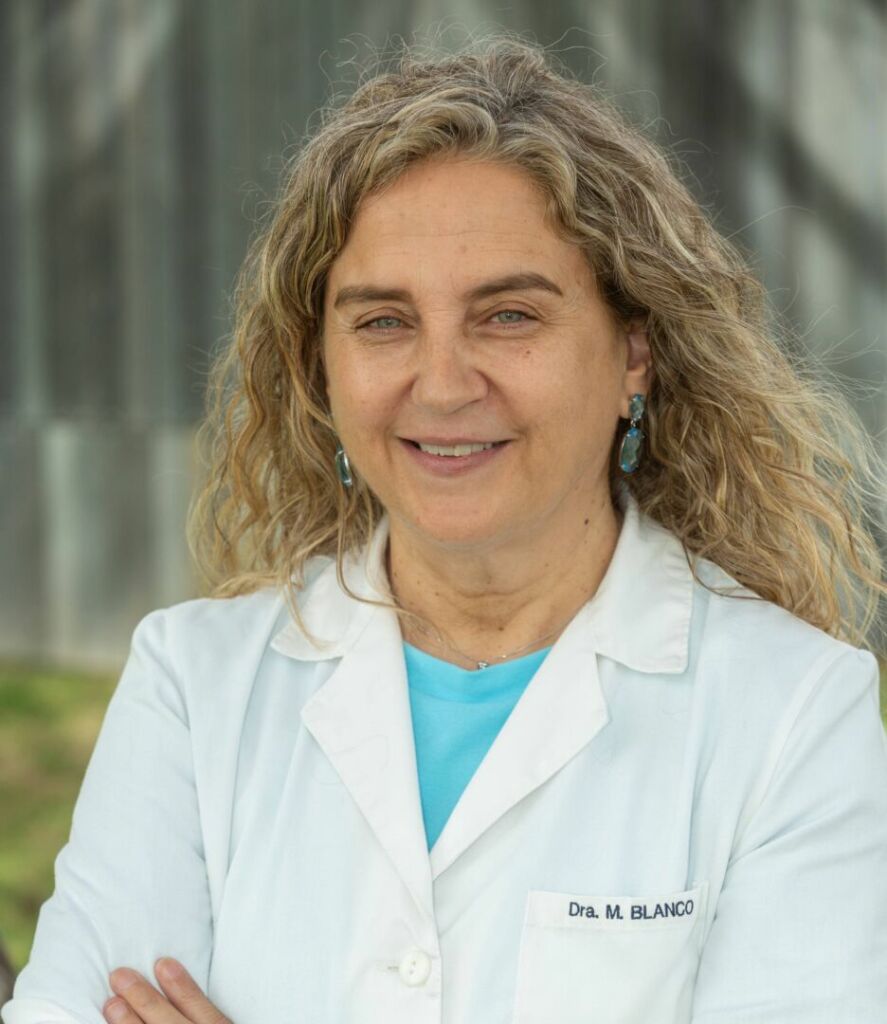
María J. Blanco-Prieto, Full Professor – University of Navarra, Spain
María Blanco-Prieto obtained a PhD in Pharmaceutical Sciences from the University of Paris-Sud (France). Following that, she underwent post-doctoral training at the Swiss Federal Institute of Technology (ETH) in Zürich, Switzerland. She then joined the University of Navarra, where she currently holds the position of Full Professor of Pharmacy and Pharmaceutical Technology.
Maria Blanco focuses her research on the development of nanomedicines for cancer treatment (particularly childhood cancer), as well as tissue regeneration of the heart and brain through tissue engineering. Throughout her career, she has authored over 175 research papers and book chapters, 5 patents, and presented over 230 communications at scientific conferences, often as an invited speaker.
Her contributions to drug delivery research have been recognized with numerous national and international awards. Maria is a member of the National Academy of Pharmacy of France and Galicia, and the Academy of Medicine of France. In 2021, she became a member of the College of Fellows of the American Institute of Medical and Biological Engineering (AIMBE), and in 2022, she was elected as a member of the Academia Europaea. Since January 2023, she has been the President of the European Federation of Pharmaceutical Sciences (EUFEPS).
Elena Del Favero, Associate Professor – University of Milan, Italy
Elena Del Favero is a soft matter physicist, with a PhD in Biochemistry. She is Professor of Medical and Applied Physics at the University of Milan.
Her experimental research focuses on bio-soft matter and nanomaterials of biological and pharmacological interest. She applies a biophysical approach and in particular: laser light scattering (visible, UV), calorimetry, Neutron, and X-ray techniques to study the structural organization and dynamics of biomimetic colloids on different length-scales, from the mesoscale (hundreds of nm) to the very local scale (tenths of nm). The main research topics of her group are the structural and thermotropic properties of lipid membranes, the structure of stimuli-responsive nanoparticles for gene and drug delivery and controlled release, the self-aggregation and membrane interaction of peptides and proteins, and the structure and biomechanics of polymeric scaffolds for tissue regeneration. She published more than 110 papers in peer-reviewed scientific international journals.
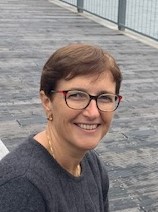
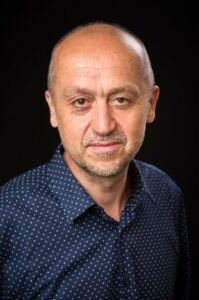
Stefaan De Smedt, Professor – Ghent University, Belgium
Professor Stefaan De Smedt is the founder and director of the Ghent Research Group on Nanomedicines from Ghent University (Belgium). The research focus in his lab is on the delivery of bio-therapeutics, nucleic acids and proteins, for future therapies of lung and ocular diseases and cancer (through mRNA vaccination and cell therapies). Together with partners in academia and industry his lab develops and evaluates delivery concepts and technologies for novel advanced therapies.
He has been a Guest Professor at various universities in Belgium, China and Italy. Since 2004 he serves as the European Editor of the JCR – since 2023 he is leading the JCR as Editor-in-Chief. He has been elected as member of the Flemish Royal Academy of Medicine, the European Academy of Sciences and the Académie Nationale de Pharmacie de France.
Ryan Donnelly, Professor – Queen’s University Belfast, Irland
Professor Ryan Donnelly holds the Chair in Pharmaceutical Technology at the School of Pharmacy, Queen’s University Belfast, where he is Director of Research. A registered pharmacist, his research is centred on design and characterisation of advanced polymeric drug delivery systems for transdermal and intradermal drug delivery, with a strong emphasis on improving patient outcomes. He is currently developing a range of novel microneedle technologies through independent research, but also in collaboration with several major pharmaceutical companies.
His work has attracted more than £30 million in funding and he has authored over 1000 peer-reviewed publications, including 11 patent applications, 7 textbooks, 28 book chapters and approximately 360 full papers. He leads a personal research group of approximately 50 people from 15 different countries and has been an invited speaker at numerous national and international conferences.
Professor Donnelly is Europe/Africa Editor of Drug Delivery & Translational Research. He has won the International Association for Pharmaceutical Technology (APV) Research Award for Outstanding Achievements in the Pharmaceutical Sciences (2024), the Royal Pharmaceutical Society’s Harrison Medal (2024), the Kydonieus Foundation Transdermal Delivery Award (2024), the European Journal of Pharmaceutics & Biopharmaceutics Most Cited Paper Award (2023), the Drug Delivery & Translational Research Best Paper Award (2023), Visit Belfast’s Ambassador Award for Life & Health Sciences (2022), the Academy of Pharmaceutical Sciences Innovative Science Award (2020), Evonik’s Resomer Award (2018), the Controlled Release Society’s Young Investigator Award (2016), BBSRC Innovator of the Year (2013), the American Association of Pharmaceutical Scientists Pharmaceutical Research Meritorious Manuscript Award (2013 & 2022), the GSK Emerging Scientist Award (2012), the Royal Pharmaceutical Society’s Science Award (2011) and the Pharmaceutical Society of Northern Ireland’s Gold Medal (1999).
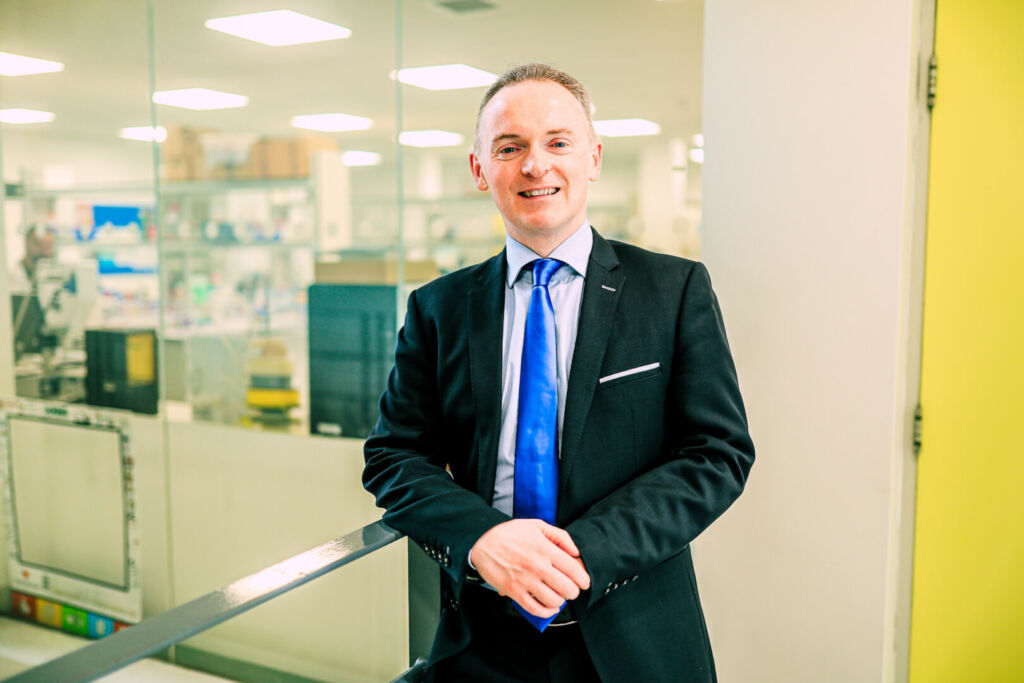

Mostafa Nakach PhD, Global head of process engineering – SANOFI
Mostafa Nakach is PhD from Toulouse University. He has prepared his thesis on stabilization and production of nanocrystalline suspension. He is also Master 2 graduate from Paris-sud 11 university in Pharmacotechnie and Biopharmacy and Pharmaceutical engineer from Ecole des Mines d’Albi. Mostafa is working within Sanofi group since 37 years.
Currently, Mostafa is working within biologic drug product development as global head of process engineering. His mission is to serve as single point of contact for the characterization, development and scale-up of commercial manufacturing process for parenteral products across all biological modalities within global CMC portfolio.
Ling Peng, Research Director – CNRS, France
Dr. Ling Peng is a research director of exceptional class at the Interdisciplinary Center on Nanoscience in Marseille (CINaM), which is a part of the French National Scientific Research Center (CNRS). She is working actively at the interface of chemistry and biology, and has gained international recognition in developing innovative dendrimer materials for biomedical applications. Notably, she has inaugurated the concept and synthesis of self-assembling supramolecular dendrimers, which have inspired and transformed the field of dendrimer science for biomedical applications in drug delivery, gene therapy and biomedical imaging. Dr. Peng is the Distinguished Member of the French Chemical Society, and was honored with the Prize of Dr & Mme Henri Labbé by the French Academy of Sciences in 2017, the Grand Prize of the French Chemical Society SUD PACA and the André Collet Prize of Supramolecular Chemistry by the French Chemical Society in 2024.
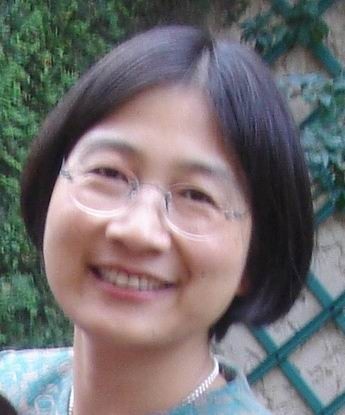
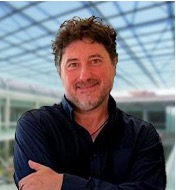
Enzeo Terreno, Full Professor – University of Torino, Italy
Enzo Terreno is a full professor of General and Inorganic Chemistry at the Department of Molecular Biotechnology and Health Sciences, University of Torino Italy), leading the Center for Molecular and Preclinical Imaging.
He has expertise in the field of the chemistry and nanotechnology for developing diagnostic and theranostic (imaging drug delivery and release, fluorescence-guided-surgery, photo- and sonodynamic) probes for medical imaging technologies (MRI, NIRF, PET/SPECT, CT, Photoacoustic imaging). He is the Coordinator of the Italian Node “Multi Modal Molecular Imaging” (www.mmmi.unito.it) within the European Research Infrastructure Consortium Eurobioimaging (www.eurobioimaging.eu).
He has actively participated with Coordination and Scientific responsibility in 16 National and European projects. He is co-author of 178 peer-reviewed publications. He has a H-index of 54 with 10502 citations (Scopus). He is also co-author of 9 patents and 7 book chapters.
Nicolas Tsapis, Associate Professor – University Paris Saclay, France
Nicolas Tsapis did his PhD on model biological membranes at ENS (Paris, France). In 2001, he went to Harvard University as a post-doctoral fellow with Prof. David A. Edwards and David A. Weitz. There he studied the drying process of droplets containing colloidal particles from a fundamental and applied point of view.
In October 2003, he joined the team of Prof Elias Fattal as a CNRS researcher (Univ Paris-Sud, France). His research activity focuses on three main topics: Contrast agents for theranostics, spray drying from fundamentals to therapeutic applications and nanomedicines.
In 2009, he obtained the CNRS bronze medal and in 2014 he was appointed CNRS research director. Since 2020, he is the vice-director of Institut Galien Paris-Saclay. He is the co-author of about 140 publications and 8 patents among which one led to the founding of Imescia (https://imescia.com/).
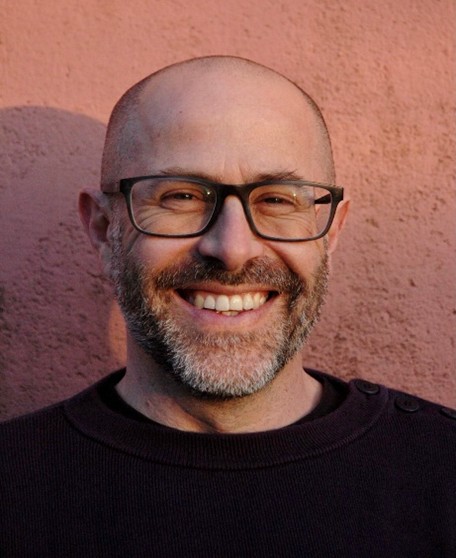
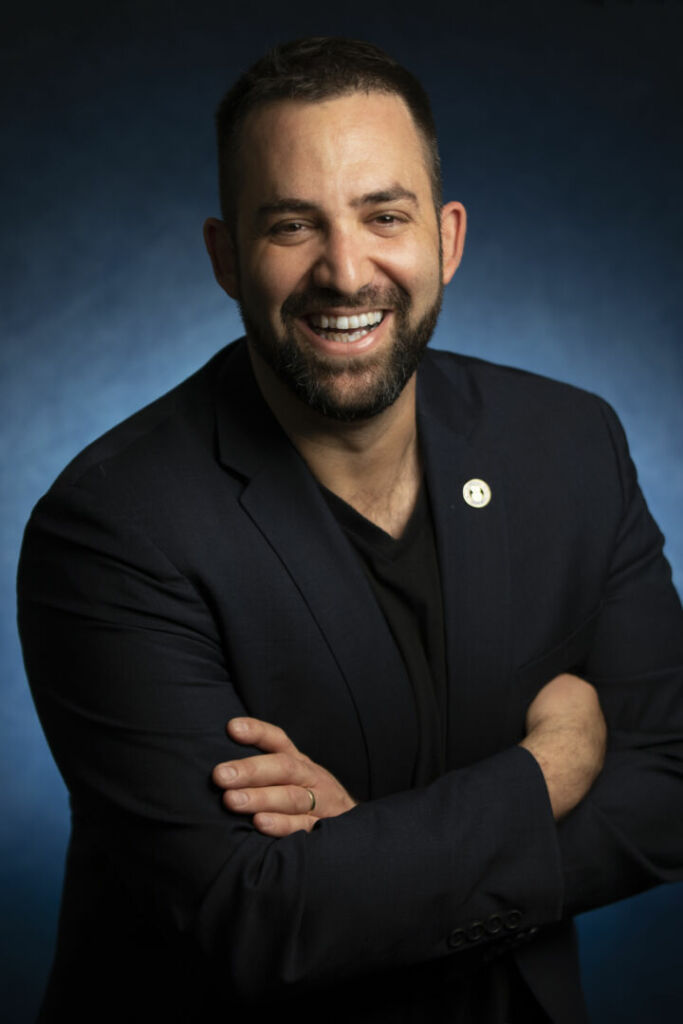
Assaf Y.Zinger, Associate Professor – Technion, Israël Institure of Technology, Israël
Dr. Zinger was awarded more than 15 international and national excellence awards, among them the Alon Scholarship for Outstanding Young Scientists, the most prestigious scholarship from the Israeli Council for Higher Education; the international Umbrella Award, focusing on Life Science and Engineering; theNorman Seiden Fellowship in Nanotechnology and Optoelectronics, Career Advancement Chair, and the Young Investigator Award, from the International Controlled Release Society focus group. Assaf was also chosen as a member of the Global Young Academy and the Lindau Noble Laureates Meetingand is a Fellow of the Royal Society of Chemistry.
Dr. Zinger holds two Adjunct Assistant Professor positions in the Cardiovascular Science and Neurosurgery Departments at Houston Methodist Academic Institute, TX, USA, and is a Visiting Professor at the University of Turin, Italy. Finally, Assaf was awarded the prestigious ERC-starting grant last year for exploring how human breast milk biomimetic nanoparticles might pave the way for a new oral drug delivery system.
